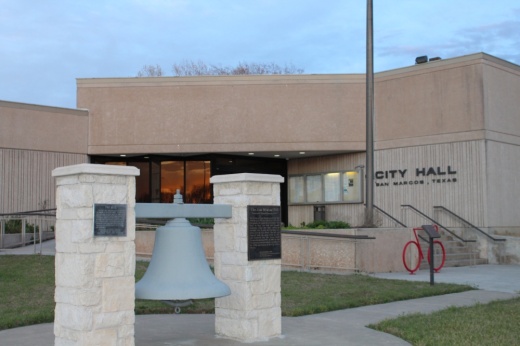The city uses a tiered billing system on its water usage rates, and in March council asked city staff to study whether increasing the first tier from 0-6,000 gallons to 0-8,000 gallons per billing cycle would help residents save money on their utility bills.
“So, an average residential month we will have 12,554 residential water bills that we would send out. If you notice, 72% of those are customers that are less than that 6,000 gallons a month usage, which again, our average is 5,400. So that's not surprising. We have an overwhelming percentage that's under 6,000,” Hjorth said.
Hjorth added that raising the cheaper use tier would not help with conservation either.
“What this shows is that you're gonna see that it's at the expense of sacrificing some encouragement to conserve water and not raise that lower tier at the cheaper price," he said. "You're also probably not hitting your lower- to middle-income people. That typically is why you structure the lower tiers at lower prices, to make sure that you have essential needs met without raising any more revenue.”
As previously reported by Community Impact Newspaper in August, City Council voted to absolve $1.2 million in utility bills that hundreds of residents found themselves unable to pay. In March of 2020, council moved to stop utility service disconnections at the beginning of the coronavirus pandemic. That extension was set to expire Aug. 1, and the city had allocated about $700,000 in general funds to pay for a large chunk of the delinquency. Residents whose jobs or lives were affected by the pandemic or the February 2021 winter storm could apply to the city’s utility assistance program if they have an account that is more than 60 days past due for up to $1,500 in assistance.
Since the program began, the city provided $457,000 in assistance to 507 accounts up until the council action in August that essentially provided a restart, wiping delinquencies clean. Disconnections resumed in September.
Hjorth said, of the 47 accounts more than 60 days in delinquency, 25% received forgiveness from the council action in August.
Hjorth also mentioned that the utility is looking into a smart meter system that could alert customers when they are approaching higher water usage and possibly detect leaks more quickly.
“We are researching where you can set your own triggers and say, maybe you want to know because your particular usage is 15 and not the right number; maybe for your household, eight is the right number, and anything beyond that can be a problem. So we are looking at that, how we can get an upgrade to our system that we view each individual to be able to go into their account and set triggers and thresholds and timeout,” Hjorth said.





